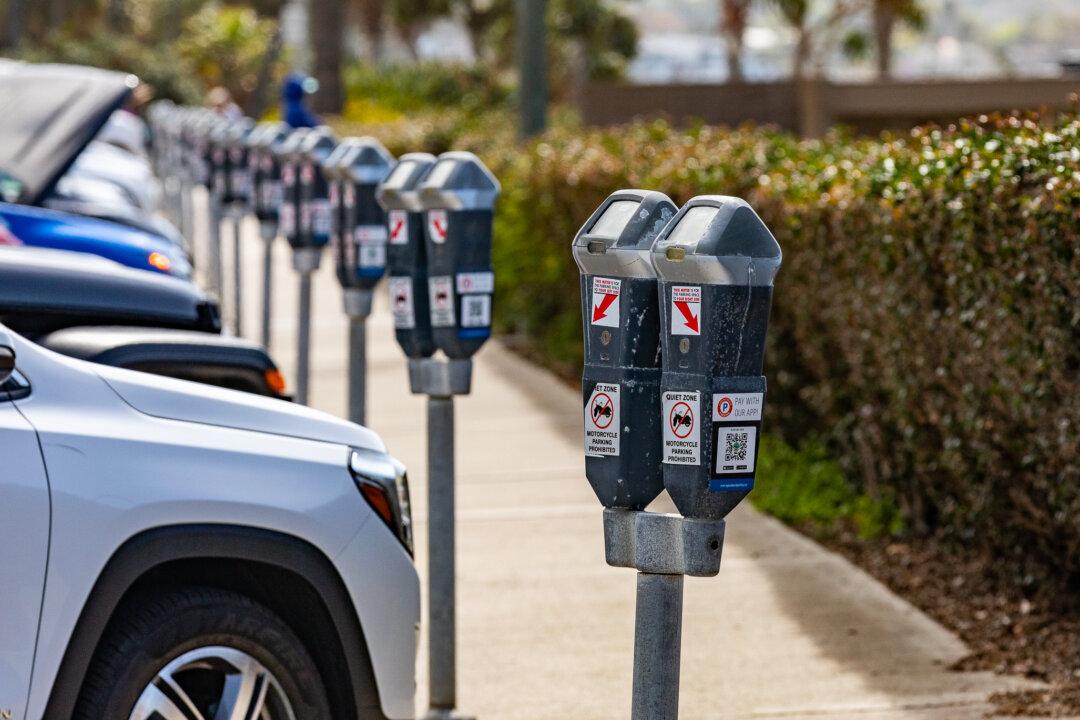California lawmakers are considering a bill that would restrict the warrantless towing of legally parked vehicles due to unpaid parking violations, and while opponents applaud the progress the bill made clearing the Assembly, critics say the proposal would incentivize more people to ignore parking ordinances and citations.
Assembly Bill 1082, authored by Assemblyman Ash Kalra (D-San Jose), would require municipalities to secure warrants before towing any vehicles for parking tickets, and would allow those impacted to schedule payment plans not exceeding $25 per month for $500 in fines.





